The Skin Supplements You Actually Need, According To A Nutritionist

To supplement or not to supplement?
While skin supplements are by no means a new phenomenon, the last few years have seen major growth in the industry, with the value of the beauty supplements market projected to reach $6.8 billion by 2024, compared to the $3.5 billion it generated in 2016.
While there is varying opinion as to whether the level of supplementation the average person consumes is necessary, recent studies have shown that certain vitamins and minerals are indeed beneficial for the skin, and that many may be deficient in these essential nutrients. To help us navigate which skin supplements we should consider, and which to skip, we spoke to nutritionist Rebecca Miller.
“There are many different vitamins and minerals that help to keep skin healthy — managing acne and inflammation, as well as controlling elasticity and strength,” says nutritionist Rebecca Miller.
While these should ideally come from a well-balanced diet, Miller argues that sometimes supplementation of zinc, collagen, as well as anti-inflammatories such as fish oil and probiotics, may be required to reach optimal body and skin health.

Zinc
“Consuming zinc on a daily basis is important, as its needed for healthy cell division and acts like an antioxidant, fighting free radical damage and therefore slowing the ageing process,” explains Miller. “It also benefits the integrity of the skin and helps treat infection — so it makes sense that people who suffer from acne or spots that take a long time to heal may have a zinc deficiency.”
While many a beauty editor are known to swear by zinc supplements’ near-miraculous impact on their skin, Miller suggests that a supplement may not always be necessary, depending on your diet.
“You can meet your needs through food, but I would recommend supplementation if you don’t feel like you’re eating at least two to three serves of zinc-rich foods per day (think coconut, lentils, seeds, kefir or yoghurt, spinach, avocado, nuts, and animal proteins such as lamb, grass-fed beef or chicken).”
And, an important note for vegans and vegetarians, you may need to consume more zinc than your meat-eating companions. “The absorption of zinc from plant based foods is 50 percent less than animal sources, as there are compounds that inhibit its bioavailability to the body,” says Miller. “Research suggests that people who don’t eat meat or animal products need up to 50 percent more zinc in their diets to absorb what the body needs.”
Collagen
Digestible collagen has been one the quickest-growing skin supplement categories — and, according to Miller, the science does indeed back collagen supplements’ benefits to skin. But first up, what does collagen actually do? “Collagen provides the skin with structure and plays a role in strengthening the skin,” says Miller. “It may also improve elasticity and hydration.”
As we age, our bodies naturally produce less collagen, which leads to dryness, loss of skin firmness and plumpness, as well as the development of wrinkles. While collagen is present in foods such as animal protein and bone broth, there’s no concrete evidence yet that links eating collagen-rich foods to an increased presence of your body’s collagen levels in the body.
“Several studies have shown that collagen supplementation is beneficial to the skin, due to its ability to stimulate your body to produce collagen on its own,” says Miller. So, supplement away — but be warned that it’s not a skin cure-all.
“Collagen supplements are said anecdotally to help with acne prevention and other skin conditions, but these claims are not supported by scientific evidence.”


Photography: Ryan Conduit
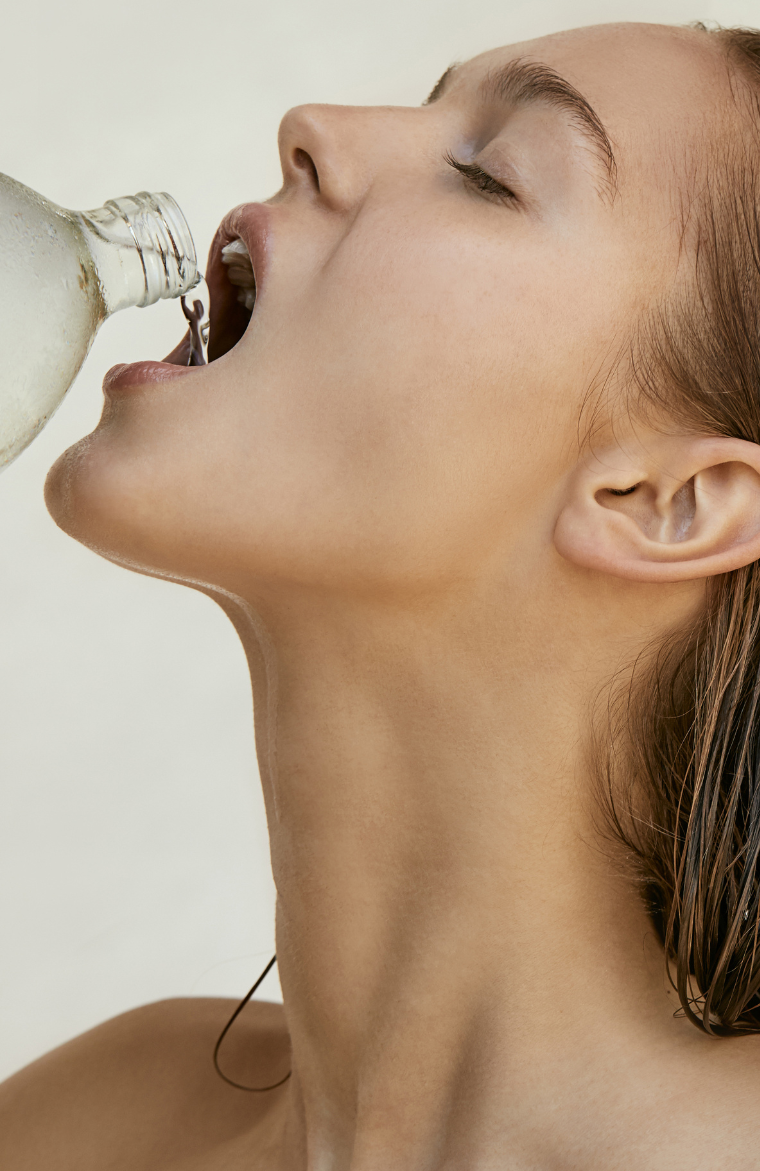
Anti-Inflammatories
Oils such fish, krill and flaxseed have long been touted for their anti-inflammatory properties, which can assist with skin conditions such as acne, eczema and psoriasis — but a supplement may not always be necessary. “To fight inflammation I would recommend to first focus on diet – eat at least two serves of fish a week to get your omega 3 needs, as well as plenty of vegetables and ensure you’re getting adequate rest,” explains Miller.
“However, if you’re not eating a fish-rich diet, then it’s recommended that you take a supplement. It’s important to ensure that the supplement you choose contains EPA and DHA – the most useful type of omega 3’s that are found in fatty fish and algae.”
Other supplements that are recommended to fight inflammation in the skin are vitamin D and turmeric, while Miller particularly recommends taking a probiotic supplement of a minimum of 10-15 billion CFU daily. “Probiotics can control your immune response and have the ability to modify chronic inflammatory states,” says Miller. “This means that probiotics may play a role in managing inflammation of the skin which may otherwise cause conditions like acne, rosacea and eczema.”
The Key Takeaways
While it’s easy to feel overwhelmed when it comes to supplementing for skin, Miller boils all her advice down to a few simple guidelines:
1. If you’re eating a well-balanced, clean diet that is high in vegetables and fruit, definitely don’t worry about vitamin C supplementation.
2. If you’re a vegetarian, vegan or don’t manage to eat fish twice a week, consider supplementing with omega 3’s and Vitamin B’s.
3. For everyone, to be safe — as zinc deficiency is quite common — take a zinc supplement!
4. If you’re wanting to boost skin strength and prevent ageing, everyone could add in a hydrolysed collagen supplement.
5. Finally, probiotics are beneficial for everyone to take, as well as focusing on eating probiotic-rich foods such as sauerkraut, kimchi and natto.
Note: Before supplementing, it’s important to talk to your doctor or health care professional.
Zinc
“Consuming zinc on a daily basis is important, as its needed for healthy cell division and acts like an antioxidant, fighting free radical damage and therefore slowing the ageing process,” explains Miller. “It also benefits the integrity of the skin and helps treat infection — so it makes sense that people who suffer from acne or spots that take a long time to heal may have a zinc deficiency.”
While many a beauty editor are known to swear by zinc supplements’ near-miraculous impact on their skin, Miller suggests that a supplement may not always be necessary, depending on your diet.
“You can meet your needs through food, but I would recommend supplementation if you don’t feel like you’re eating at least two to three serves of zinc-rich foods per day (think coconut, lentils, seeds, kefir or yoghurt, spinach, avocado, nuts, and animal proteins such as lamb, grass-fed beef or chicken).”
And, an important note for vegans and vegetarians, you may need to consume more zinc than your meat-eating companions. “The absorption of zinc from plant based foods is 50 percent less than animal sources, as there are compounds that inhibit its bioavailability to the body,” says Miller. “Research suggests that people who don’t eat meat or animal products need up to 50 percent more zinc in their diets to absorb what the body needs.”

Photography: Ryan Conduit
Collagen
Digestible collagen has been one the quickest-growing skin supplement categories — and, according to Miller, the science does indeed back collagen supplements’ benefits to skin. But first up, what does collagen actually do? “Collagen provides the skin with structure and plays a role in strengthening the skin,” says Miller. “It may also improve elasticity and hydration.”
As we age, our bodies naturally produce less collagen, which leads to dryness, loss of skin firmness and plumpness, as well as the development of wrinkles. While collagen is present in foods such as animal protein and bone broth, there’s no concrete evidence yet that links eating collagen-rich foods to an increased presence of your body’s collagen levels in the body.
“Several studies have shown that collagen supplementation is beneficial to the skin, due to its ability to stimulate your body to produce collagen on its own,” says Miller. So, supplement away — but be warned that it’s not a skin cure-all.
“Collagen supplements are said anecdotally to help with acne prevention and other skin conditions, but these claims are not supported by scientific evidence.”

Anti-Inflammatories
Oils such fish, krill and flaxseed have long been touted for their anti-inflammatory properties, which can assist with skin conditions such as acne, eczema and psoriasis — but a supplement may not always be necessary. “To fight inflammation I would recommend to first focus on diet – eat at least two serves of fish a week to get your omega 3 needs, as well as plenty of vegetables and ensure you’re getting adequate rest,” explains Miller.
“However, if you’re not eating a fish-rich diet, then it’s recommended that you take a supplement. It’s important to ensure that the supplement you choose contains EPA and DHA – the most useful type of omega 3’s that are found in fatty fish and algae.”
Other supplements that are recommended to fight inflammation in the skin are vitamin D and turmeric, while Miller particularly recommends taking a probiotic supplement of a minimum of 10-15 billion CFU daily. “Probiotics can control your immune response and have the ability to modify chronic inflammatory states,” says Miller. “This means that probiotics may play a role in managing inflammation of the skin which may otherwise cause conditions like acne, rosacea and eczema.”
The Key Takeaways
While it’s easy to feel overwhelmed when it comes to supplementing for skin, Miller boils all her advice down to a few simple guidelines:
1. If you’re eating a well-balanced, clean diet that is high in vegetables and fruit, definitely don’t worry about vitamin C supplementation.
2. If you’re a vegetarian, vegan or don’t manage to eat fish twice a week, consider supplementing with omega 3’s and Vitamin B’s.
3. For everyone, to be safe — as zinc deficiency is quite common — take a zinc supplement!
4. If you’re wanting to boost skin strength and prevent ageing, everyone could add in a hydrolysed collagen supplement.
5. Finally, probiotics are beneficial for everyone to take, as well as focusing on eating probiotic-rich foods such as sauerkraut, kimchi and natto.
Note: Before supplementing, it’s important to talk to your doctor or health care professional.



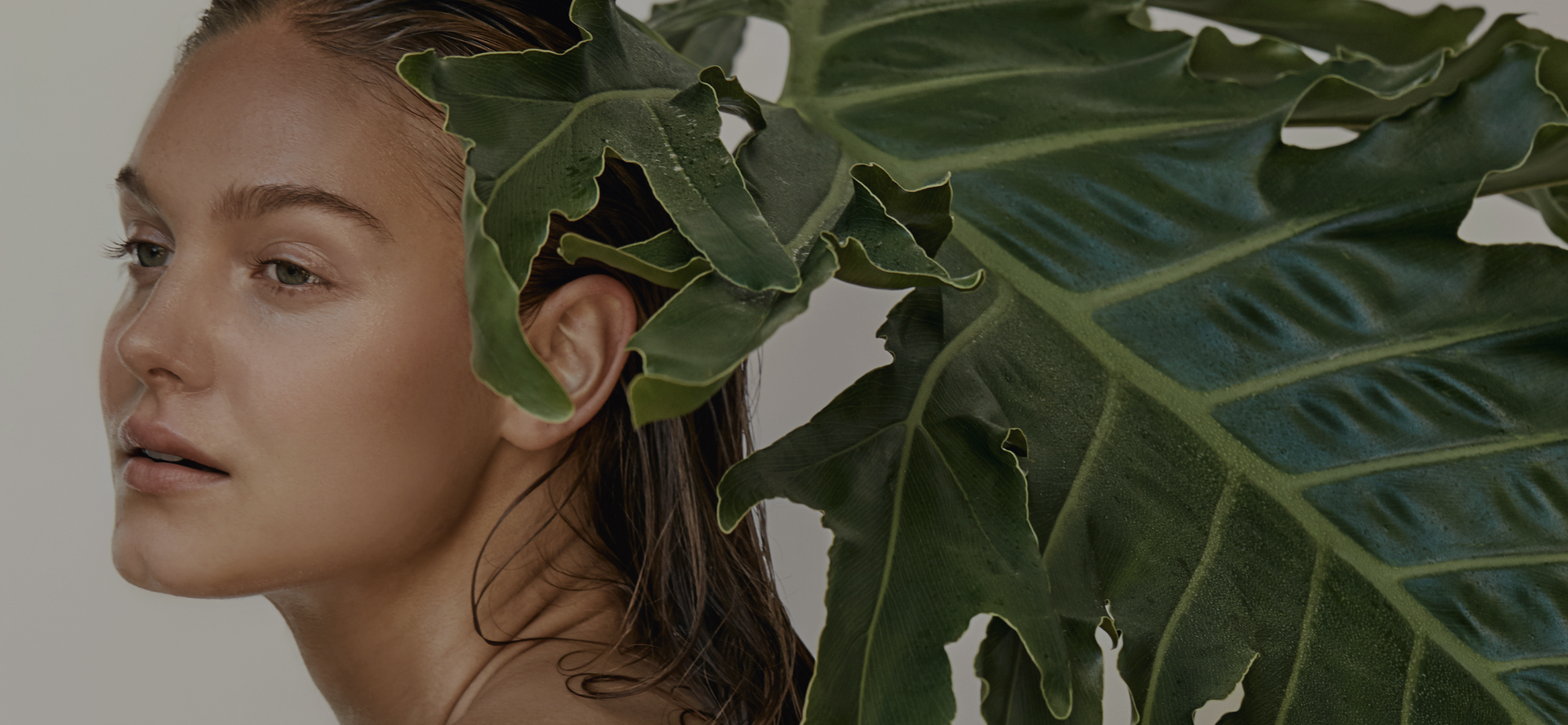
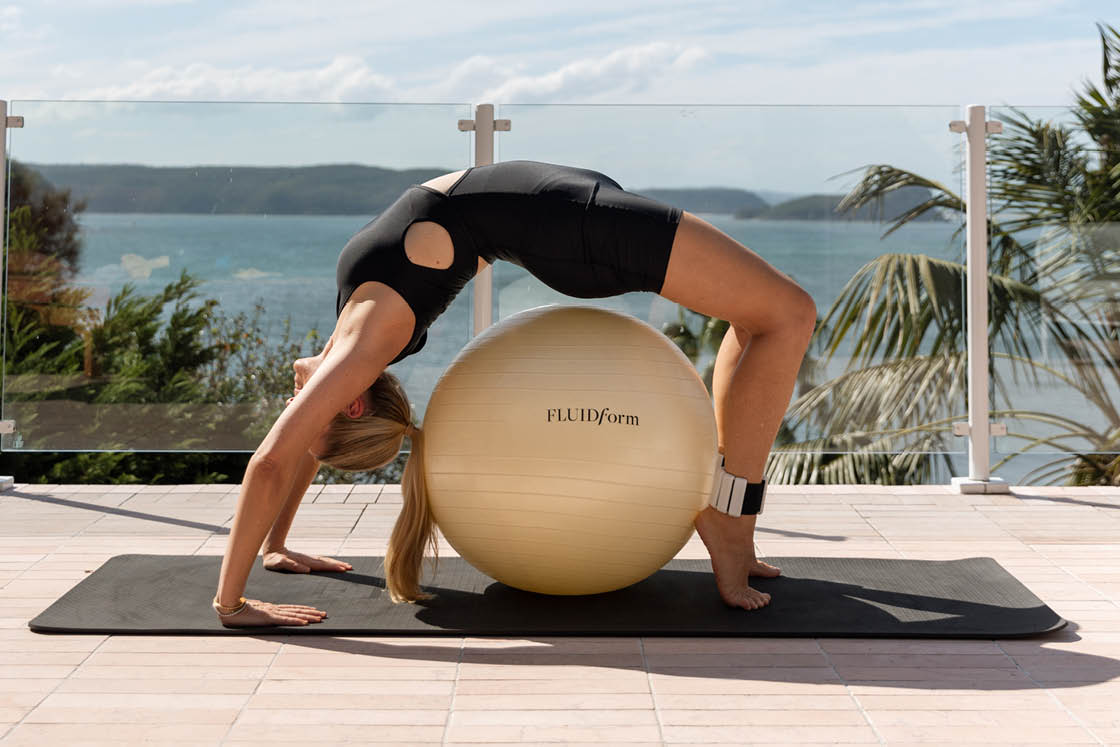






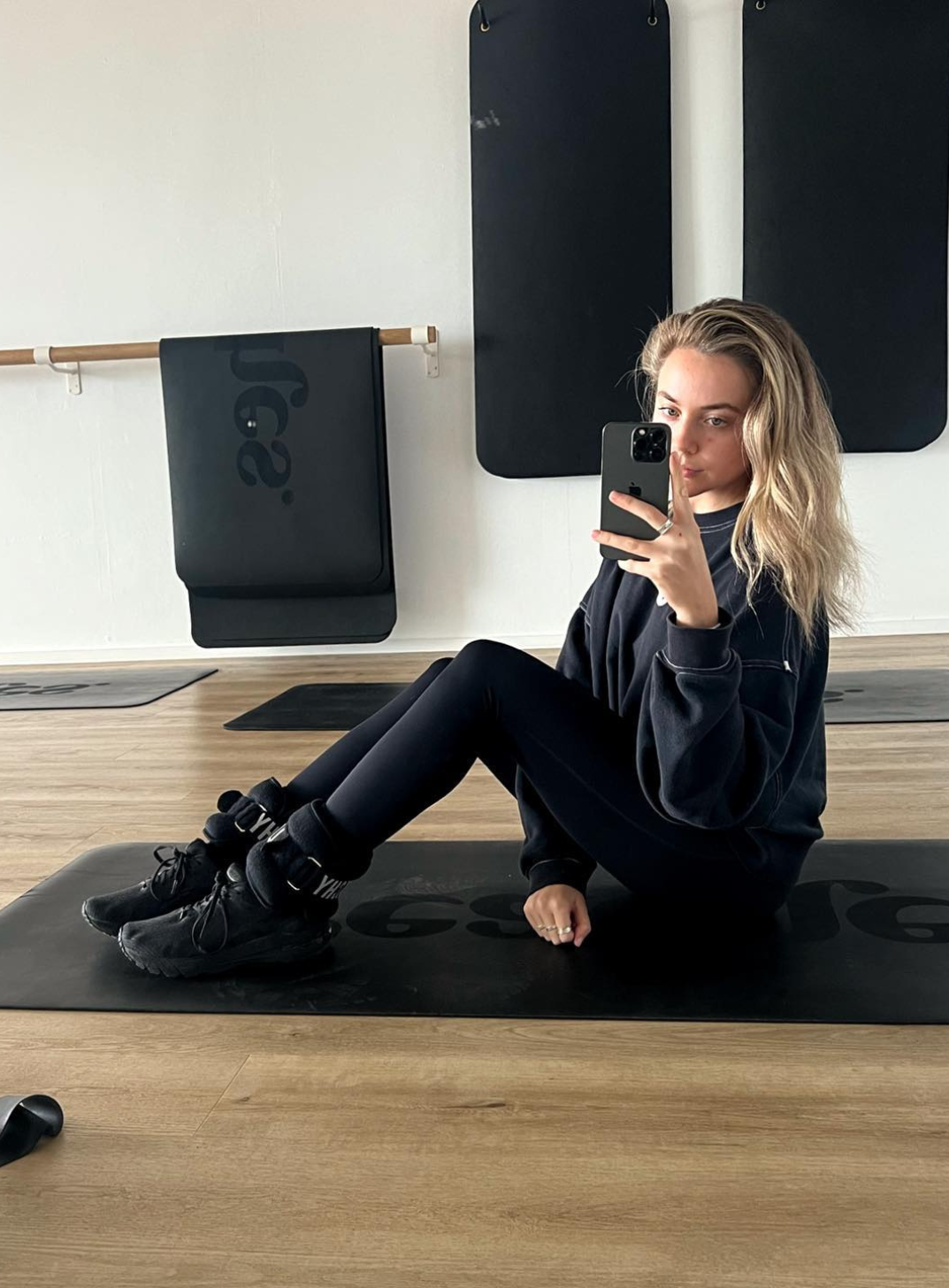
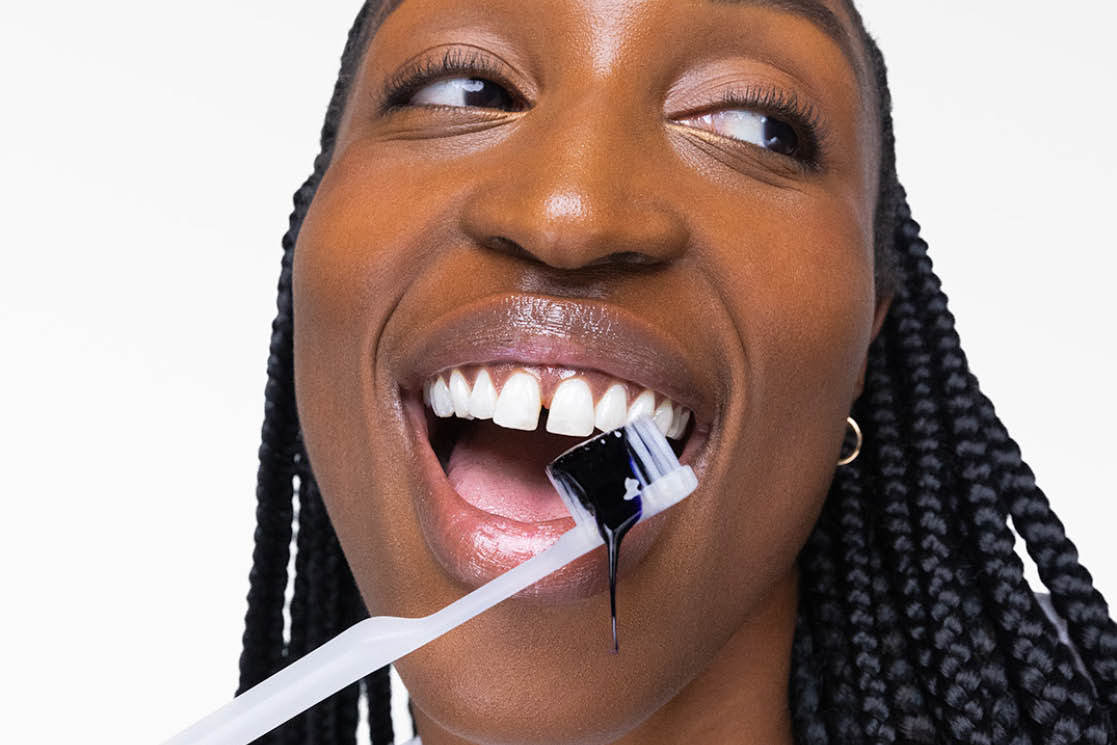

Comments
My sister and I were recently scouting some of the best supplement companies online as she was interested in taking more supplements. We sat down to look it up and fortunately for us, we came across your great article. Personally, my favorite part has to be where you mentioned taking zinc supplements to combat a zinc deficiency. This is one point I'm sure anyone who is looking to take more skin supplements will be glad to hear. Thanks a bunch!
Valuable information. The skin is your largest organ and only one visible. I think that you're right on with your recommendations of zinc, collagen, and anti-inflammatories. Your key takeaways are very good for your skin. Would you say that if you eat healthy and exercise that your skin is probably fairly healthy or not? I'm curious to know. Great tips. I'll be back. Take care,